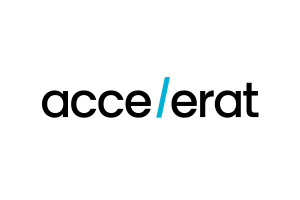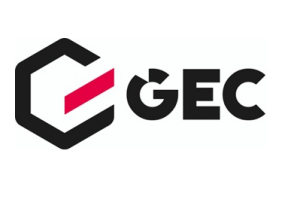Specialist Workers
Economy Fears Plummet of Attractiveness for Foreign Specialists
Every second company expects that it will be more difficult to attract qualified workers from abroad in view of xenophobic incidents such as in Chemnitz.
This is the result of a representative survey commissioned by the Bitkom digital association among 855 personnel managers in companies with 3 or more employees in Germany.
According to the survey, the majority of the respondents explicitly find the immigration of foreign skilled workers positive. Six out of ten (60 percent) consider immigration to be urgently necessary in order to maintain prosperity and economic growth in Germany. In addition, most companies see this as an effective remedy against the widespread shortage of skilled workers.
Nine out of ten (90 percent) argue that the immigration of sought-after non-academic occupations such as nurses or craftsmen should be specifically promoted.
And 84 percent also see this need in academic professions such as IT specialists or doctors. More than half of the companies (54 percent) believe that Germany must become much more successful in recruiting qualified specialists from third countries outside the European Union.
We need the brightest minds from all over the world to successfully shape digitization in Germany, overcome the shortage of skilled workers and secure long-term prosperity and growth," says Bitkom President Achim Berg. In the IT sector in particular, the shortage of skilled workers has risen steadily in recent years. As a result, companies in Germany lose around 10 billion euros in turnover every year. Berg: 'It is positive that the Federal Government has recognized the need and wants to introduce a law on the immigration of specialists. Unlike in previous legislative periods, this time it must not remain a mere declaration of intent. In the interests of Germany as a business location we cannot afford to lose any more time.'
In drafting the law, the vast majority of companies (92 percent) are in favor of foreign skilled workers having to prove their German language skills in order to be allowed to work in Germany. Seven out of ten (72 percent) are in favor of facilitating foreign applicants' access to vocational training in order to counter the growing number of open training places.
Around one in two companies calls for simplified and accelerated recognition of foreign qualifications (49 percent) or easier immigration of skilled workers from third countries outside the EU (47 percent).
Many companies are also in favor of relaxed requirements for proof of qualification: 39 percent would prefer if the state should not first check the qualification of a foreign applicant that a company wants to hire.. Also 39 percent say that for IT specialists the examination of practical professional knowledge or certification should suffice for a work permit.





